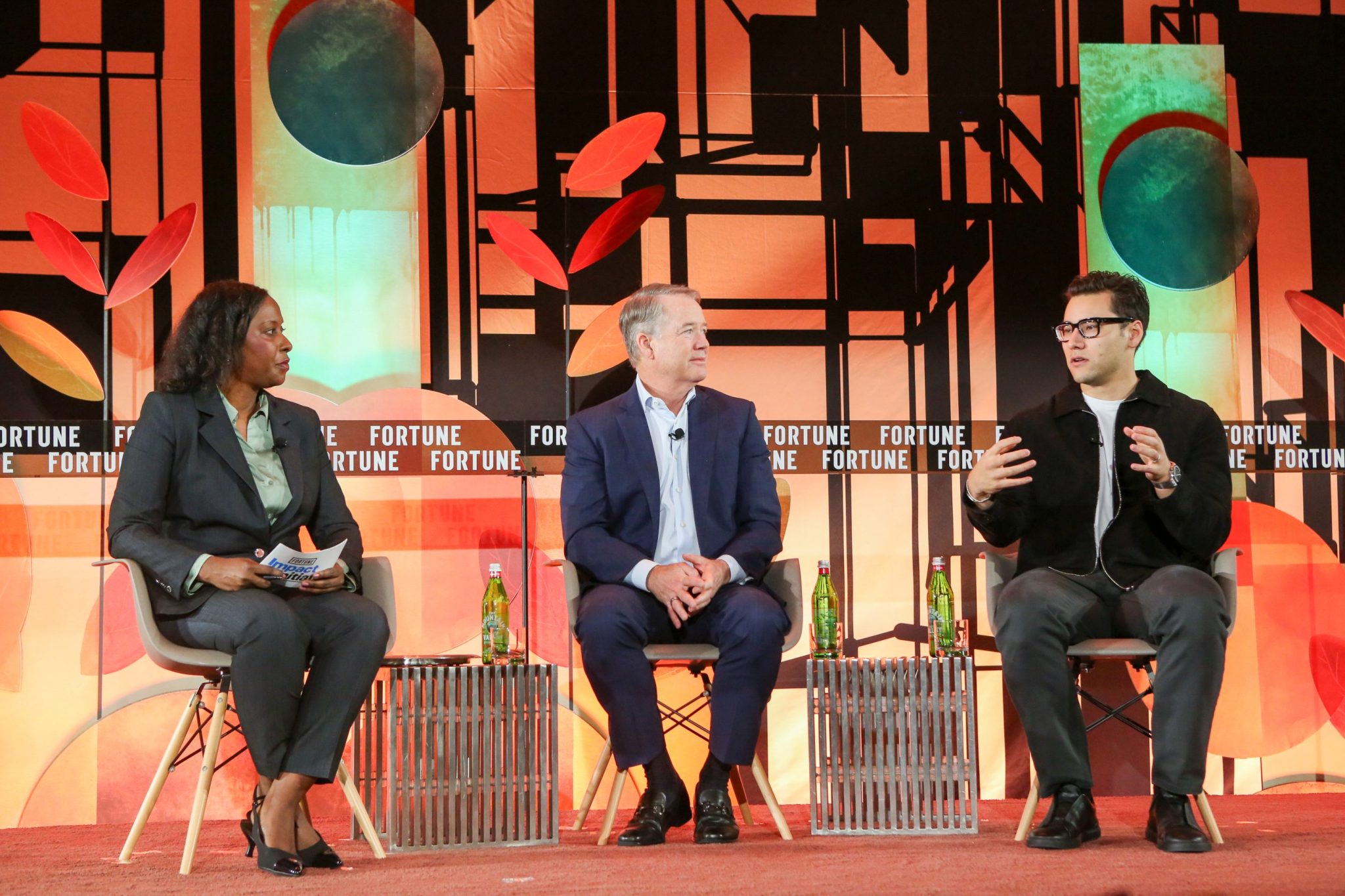Good morning. I’m back from the Fortune Impact Initiative in Atlanta where I picked up a wealth of information about impact investing and sustainability—and about how these efforts have increasingly come to rely on CFOs.
I moderated a panel session featuring Steve Ellis, managing partner at TPG’s Rise Funds, the global impact investing platform of private equity firm TPG, Inc., and Kentaro Kawamori CEO, and cofounder of Persefoni, a TPG Rise portfolio company. Ellis describes impact investing as finding companies that, by virtue of what they do to make money, are creating net positive, social, and environmental good.
He discovered these qualities in Persefoni, an AI-powered climate management and carbon reporting platform founded in 2020. Among its customers are Xerox, Aramark, Revlon, and TPG. Kawamori, along with cofounders Jason Offerman and Kim Stroh, examined traditional environmental disclosures, created in the office of state and local regulators, or even by the Environmental Protection Agency.
The executives foresaw disclosures becoming a financially material topic, both for investors like Ellis, for example, or on the corporate side, Kawamori said. So the task was to create a platform that could take a large range of diverse enterprise data and then publish it in a standardized format that could meet regulatory scrutiny.
If you look at the previous cycles of sustainability, it was really centered around corporate social responsibility, and driven by marketing and reputation, Kawamori said. “Now it’s really become a financially material topic, sitting very often in the office of the CFO as well,” he said.
This past spring, the U.S. Securities and Exchange Commission (SEC) adopted the final climate disclosure rules for public companies, which require financial reporting on the effects of climate-related risks. Although the SEC is battling legal challenges to the disclosure rules, they are expected to take effect eventually in one form or another.
But Ellis points out that many companies aren’t just waiting for the SEC rules to go into effect. “What we’re beginning to see now is sort of an organic tipping point where companies are doing it on their own,” he said.
Corporations realize that they’re going to need to be accountable for their carbon footprint, so they need to have an accounting system to understand where they’re at in terms of Scope 1, 2, and 3 greenhouse gas emissions, Ellis…
Click Here to Read the Full Original Article at Fortune | FORTUNE…


